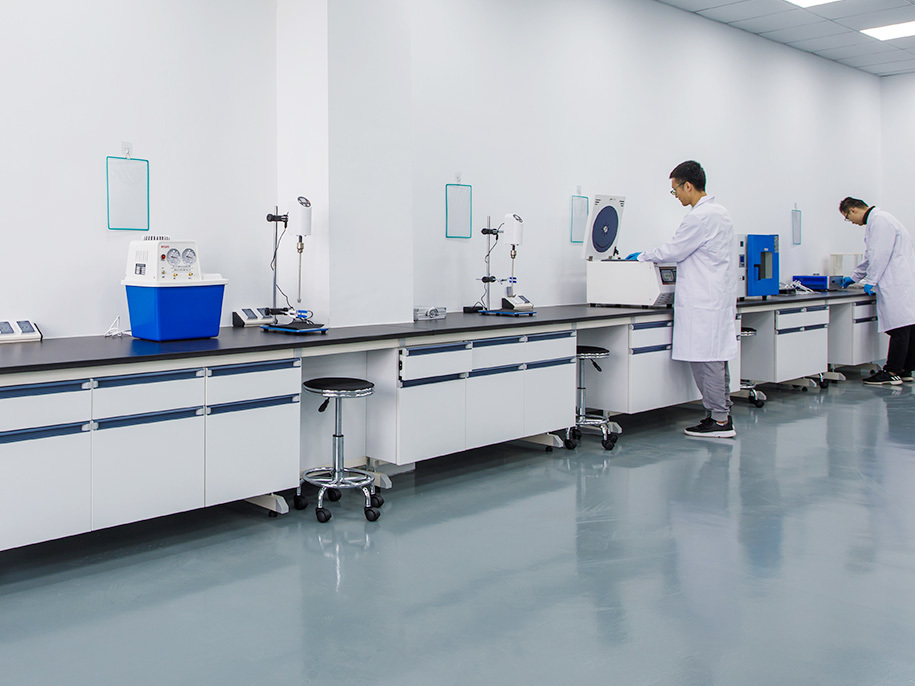Graphene in High-Voltage Capacitors: Advancing Next-Generation Energy Storage
High-voltage capacitors are critical components in power electronics, renewable energy systems, electric vehicles, and industrial machinery. They play a key role in energy storage, power conditioning, and voltage regulation. However, traditional capacitor materials such as ceramics and polymers face limitations in energy density, thermal stability, and durability under extreme electrical stress.

The discovery of graphene, with its extraordinary electrical, mechanical, and thermal properties, is opening new pathways for the design of high-voltage capacitors with superior performance. Graphene-based dielectrics and electrodes offer the potential to achieve higher energy density, faster charge-discharge rates, and longer device lifetimes, enabling the next generation of compact and reliable energy storage solutions.
Why Graphene for High-Voltage Capacitors?
The effectiveness of a capacitor is determined by three main factors:
-
Dielectric Strength – ability to withstand high electric fields.
-
Capacitance Density – capacity to store large amounts of energy in a small volume.
-
Thermal Stability & Reliability – maintaining performance under high voltage and temperature conditions.
Graphene addresses these challenges through:
-
Exceptional Electrical Conductivity: Facilitates rapid charge movement.
-
High Mechanical Strength: Prevents dielectric breakdown under electrical stress.
-
Large Surface Area (~2630 m²/g): Allows high charge accumulation.
-
Chemical Stability: Operates in harsh environments without degradation.
-
Flexibility: Enables integration into compact and lightweight capacitor designs.
These properties make graphene an ideal candidate for high-voltage capacitors used in energy grids, EVs, aerospace, and power conditioning systems.
Mechanisms of Graphene-Enhanced Capacitors
1. Graphene as an Electrode Material
-
Provides low resistance pathways for charge storage.
-
Increases surface area, enhancing capacitance.
-
Improves charge-discharge cycle stability.
2. Graphene in Dielectric Composites
-
When incorporated into polymers or ceramics, graphene enhances dielectric constant while maintaining breakdown strength.
-
Enables high-voltage operation with reduced energy loss.
3. Graphene in Supercapacitors
-
Electric double-layer capacitors (EDLCs) with graphene electrodes achieve fast charging and discharging.
-
Hybrid graphene capacitors combine battery-like energy density with capacitor-like power density.
Applications of Graphene in High-Voltage Capacitors
1. Power Grid and Renewable Energy
-
Graphene capacitors stabilize voltage fluctuations in wind and solar power systems.
-
Provide fast-response energy storage for grid reliability.
2. Electric Vehicles (EVs)
-
Used in regenerative braking systems for rapid charge storage.
-
Support power electronics and inverters with high-voltage tolerance.
-
Enable lighter, more compact capacitor designs, increasing EV efficiency.
3. Aerospace and Defense
-
Graphene capacitors withstand extreme conditions (high altitude, temperature, and radiation).
-
Support radar systems, satellites, and advanced propulsion systems.
4. Industrial Electronics
-
Improve motor drives, welding equipment, and high-power converters.
-
Enhance longevity and reliability of industrial power systems.
5. Consumer Electronics
-
Enable faster charging adapters, high-performance audio systems, and portable devices.
-
Improve energy efficiency in next-gen gadgets.
Case Studies and Research Highlights
-
University of Manchester: Demonstrated graphene-polymer dielectric films with significantly higher breakdown strength.
-
MIT: Developed graphene supercapacitors with energy densities approaching lithium-ion batteries.
-
Chinese Academy of Sciences: Reported graphene oxide-based nanocomposites with improved dielectric constants for high-voltage capacitors.
-
Tesla and Panasonic (industry reports): Exploring graphene capacitors for EV energy storage as a supplement to lithium-ion batteries.
Advantages of Graphene-Based Capacitors
-
High Energy Density: Store more energy per unit volume.
-
Fast Charging/Discharging: Ideal for applications requiring instant power delivery.
-
Extended Lifespan: More stable under repeated charge cycles.
-
High Voltage Tolerance: Reduced risk of dielectric breakdown.
-
Lightweight and Compact: Beneficial for EVs, aerospace, and portable electronics.
-
Sustainability: Potential for eco-friendly capacitor production compared to rare-earth ceramics.
Market Potential
The global capacitor market is projected to exceed USD 45 billion by 2030, with high-voltage and energy storage capacitors being major growth drivers.
The graphene market is forecasted to surpass USD 3–4 billion by 2032, with electronics and energy applications contributing significantly.
Together, graphene high-voltage capacitors represent a rapidly growing market segment, driven by EV adoption, renewable energy integration, and power electronics demand.
Challenges and Considerations
-
Cost of High-Quality Graphene: Large-scale production remains expensive.
-
Manufacturing Integration: Incorporating graphene into traditional capacitor designs requires advanced fabrication methods.
-
Standardization: Lack of industry-wide performance benchmarks for graphene-based capacitors.
-
Long-Term Stability: More research needed on performance in real-world, high-voltage conditions.
Future Outlook
The coming decade will see rapid progress in graphene-based energy storage, with capacitors at the forefront. Likely developments include:
-
Commercial Graphene Supercapacitors for EVs and renewable energy grids.
-
Hybrid Energy Systems combining batteries and graphene capacitors for optimal performance.
-
Flexible and Transparent Capacitors for wearable electronics and smart devices.
-
Aerospace-Grade Capacitors designed for extreme conditions.
-
Cost Reduction through scalable graphene synthesis and composite processing.
Graphene capacitors are poised to bridge the gap between traditional capacitors and advanced batteries, delivering both high power density and reliable high-voltage operation.
Graphene in high-voltage capacitors is revolutionizing the way we think about energy storage and power management. With its unmatched combination of conductivity, strength, and surface area, graphene enables capacitors that are more efficient, durable, and powerful than traditional technologies.
From electric vehicles and aerospace to renewable energy and consumer electronics, graphene capacitors are unlocking possibilities that were once considered out of reach. Although challenges in cost and scalability remain, the trajectory is clear: graphene will be a cornerstone of next-generation high-voltage capacitors and energy storage systems.

